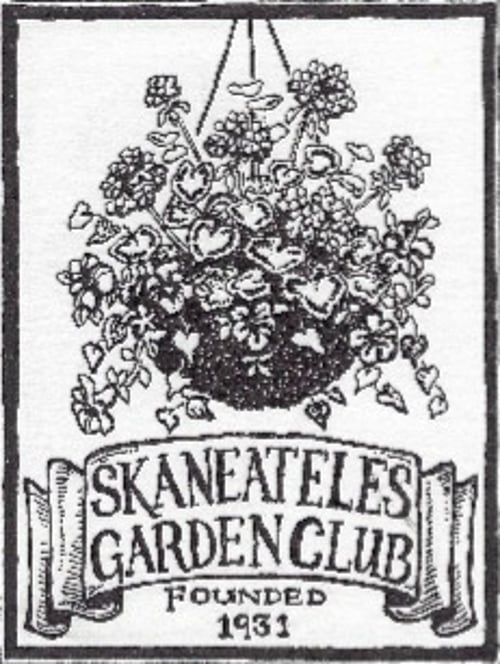Pollinator Power, Conservation & More
Insect and Animal Pollinators – ants, bats, bees, beetles, butterflies, flies, hummingbirds, moths, and wasps ‐ have the power to fill our world with flowers and to make or break our food supply.
The pollinators visit flowers mainly in search of food in the form of nectar. Seeking shelter and searching for nest‐building materials and potential mates may also be noted as reasons for visiting the flowers.
Some pollinators, such as bees, visit the flowers specifically to collect pollen and in the process transport pollen to other flowers. Butterflies, birds, beetles, moths, bats, and other pollinators move pollen strictly by coincidence in their quest for nectar.
Pollen sticks to the bodies of the pollinators as they are feeding or drinking the nectar in the flower blooms and is transferred to other flowers, resulting in pollination of those flowers. Visits from bees and other pollinators result in larger, more flavorful fruits and higher crop yields.
Good pollinators like to travel – moving pollen around as they go. Good pollinators are hairy – the more hair, scales or feathers a pollinator has the more pollen sticks to its body and is transferred to other flowers. Good pollinators have specialized mouths – tailor‐made for collecting pollen.
80% to 90% of all the flowering plants on Planet Earth are pollinated by these insects and animals. Some authorities assert that over 75% of the world’s staple food crops depend on the actions of these pollinators for successful production. Others make the claim that one out of every three bites of the food we consume is the result of the efforts of the pollinators. Interestingly, not only does the human species depend on the pollinators for the production of our food supply, but other animal species are just as dependent on these pollinators for their food supply and for the physical well‐being of their habitats.
Healthy ecosystems depend on pollinators. Over 1,400 food crops and 180,000 different types of plants are pollinated by insects and animals. These plants not only beautify our world, but also supply oxygen, stabilize our soil, assist in cleaning our air and water, and support wildlife.
The Power of Pollinators is highlighted in a 2014 United States Presidential Memorandum which states: “Over the past few decades, there has been a significant loss of pollinators, including honey bees, native bees, birds, bats, and butterflies, from the environment. The problem is serious and requires immediate attention to ensure the sustainability of our food production systems, avoid additional economic impact on the agricultural sector, and protect the health of the environment.”
It is a known fact that plants and pollinators cannot exist without one another. If one should disappear, the other is only one generation from disaster. As good stewards of the Earth, we must step up our efforts to conserve and protect the pollinators in our own little slice of the world and focus on educating and motivating others to assist in the effort.
Pollinator Power is a vital, essential component in the well-being of healthy ecosystems worldwide. Without pollinators, the human race and all of earth’s terrestrial ecosystems as we know them would not survive.
@National Garden Club, Inc.
